The concept of the "future of work", though widely-referenced in mainstream media and policy discourse, remains...


The concept of the "future of work", though widely-referenced in mainstream media and policy discourse, remains...

This paper reports on the use and perceptions of deployed A.I. and recognition social-material assemblages in China and the USA. A kaleidoscope of “boutique” instantiations is presented to show how meanings are emerging around A.I. and recognition. A model is presented to highlight that not all...
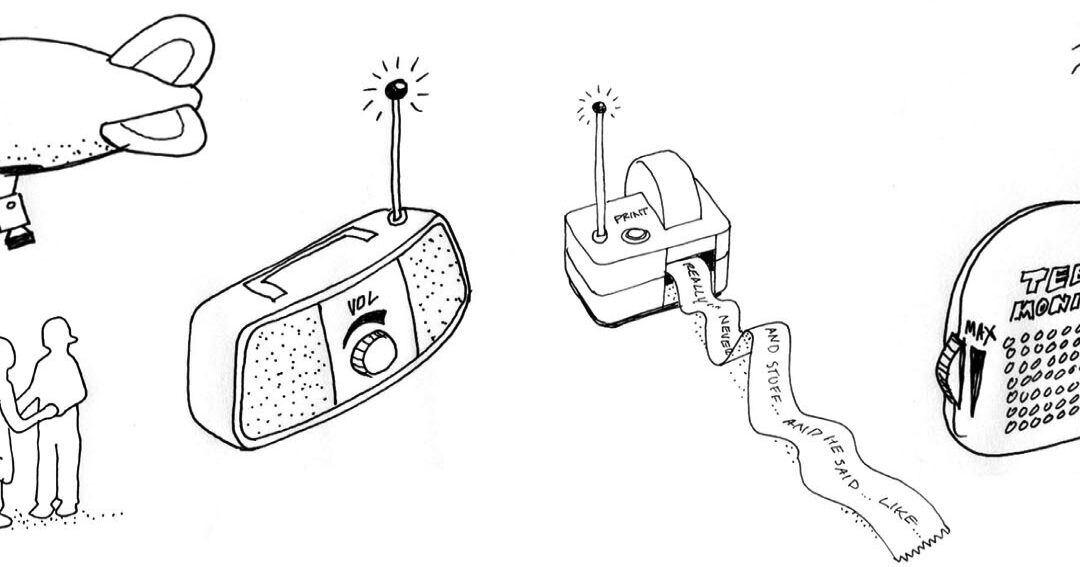
The aim of the research was to discover how teen girls use technology in relation to privacy practices in their everyday lives. Asking teenage girls to describe the worst technology they could imagine was a fruitful way of exploring their feelings towards location-awareness, tracking and...
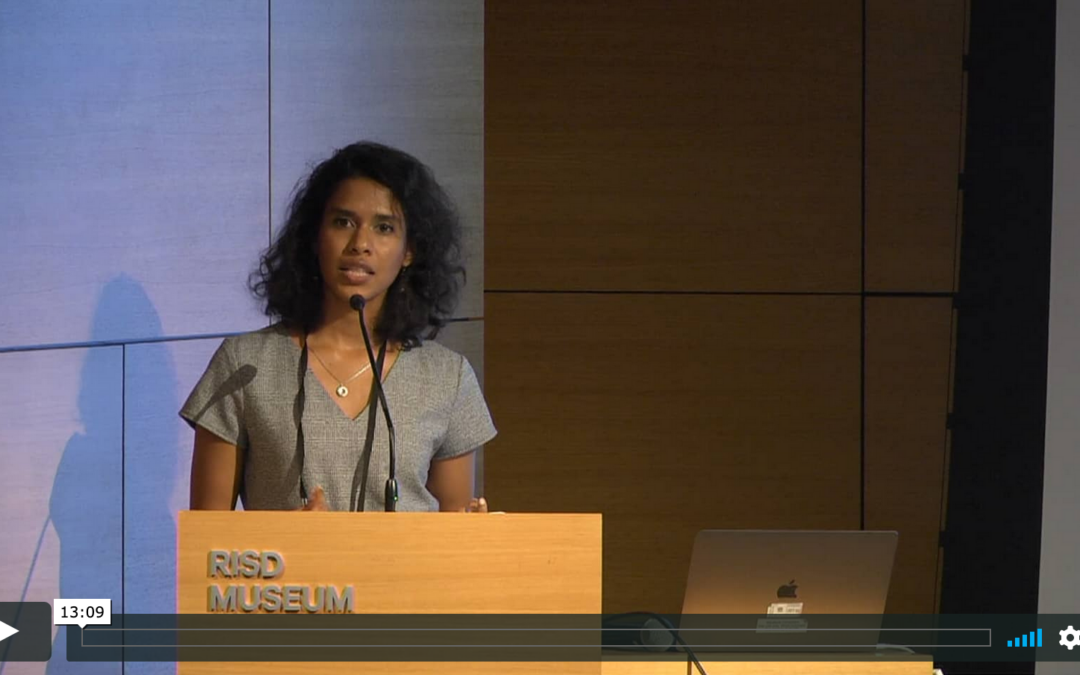
India is currently at the precipice of immense social and technological change. The proliferation of smartphones and growth of the nation's app economy raise questions about how digital platforms might influence the contours of love, sex, and desire in the region in the coming decades. This paper...
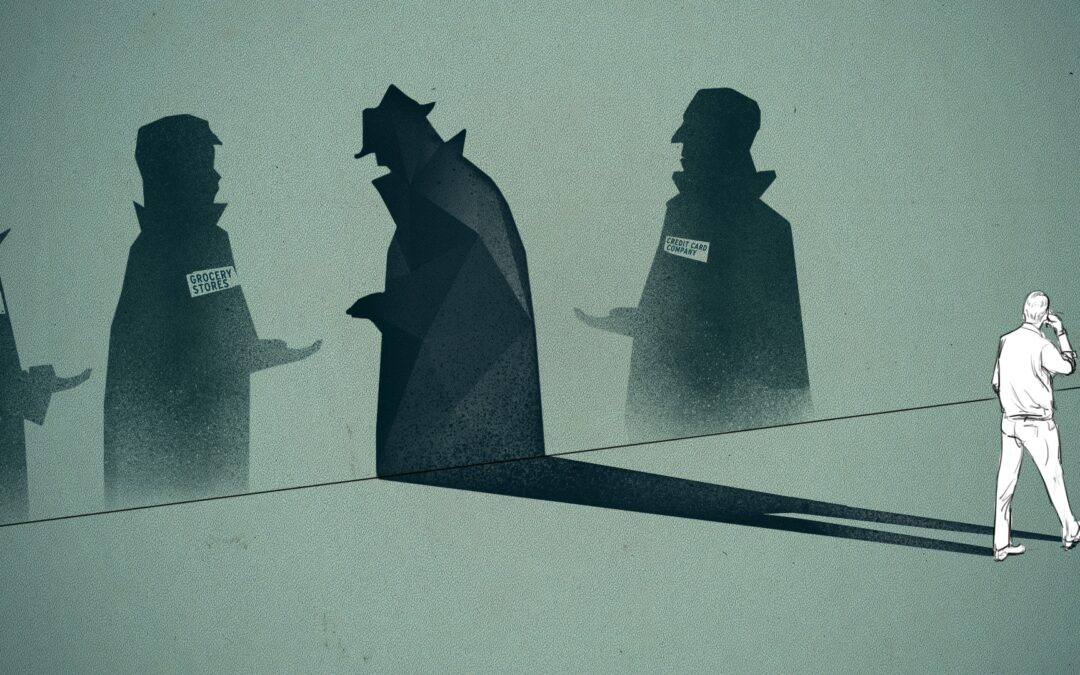
Seems that everyone’s recording everything all the time – so much so, that people and some governments are asserting a “right to forget”. But the act of recording at all in any instance also is, significantly, an act of control: the more recording, the more control such that “recording everything”...
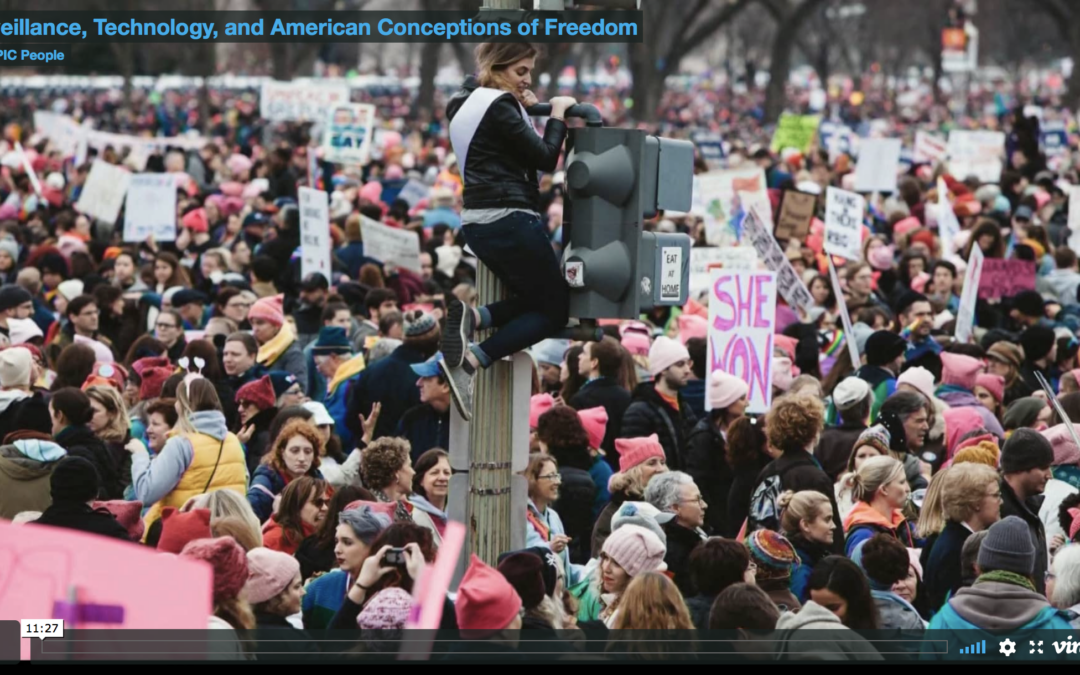
This paper traces the role of ideology in shaping the beliefs and situated knowledge used by information technology and security managers to make sense of and justify systems of surveillance they oversee. In particular, the analysis explores the role of the contested meanings of the ideology of...

Sibongile sighed and put her pen and journal down. Today was May 20, 2050. Was she just a nostalgic second cycler—facing another lifetime in the age of 150-year-olds? It was her 70th birthday and her brood of children, grandchildren, partner and ex-partners were all going to be hologramed in from...
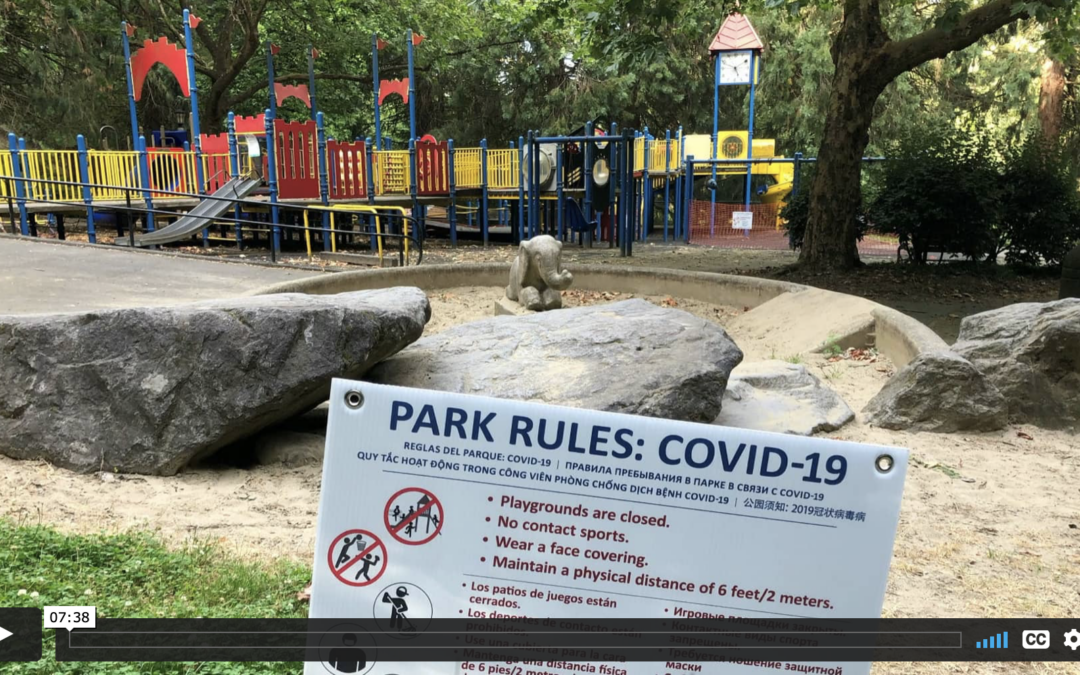
PechaKucha Presentation—When a man rang our doorbell late at night and claimed that his teenage daughter was in our house, but she wasn't, my husband and I considered getting a doorbell cam. With camera surveillance and facial recognition becoming more commonplace, we wanted a privileged view of...
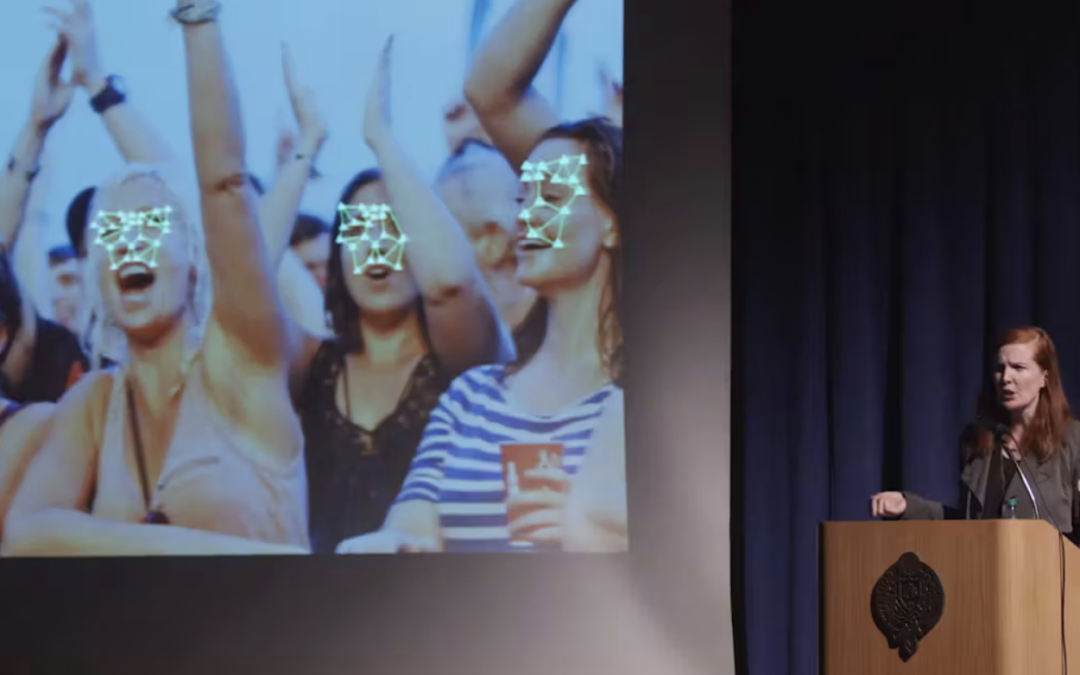
Good afternoon, everyone. It is a complete pleasure to be here. Can I say a very special thank you to Timothy and to Ken for inviting me to join you here this year. It’s been really interesting to hear so many fantastic talks. My name is Kate Crawford. As you heard, I work at Microsoft Research...